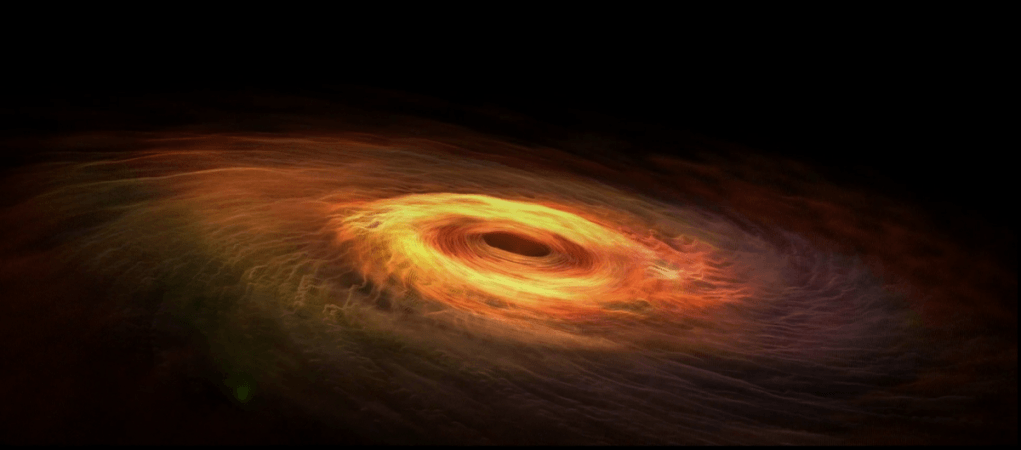
'Interstellar', the Hollywood sci-fi flick directed by acclaimed filmmaker Christopher Nolan, is widely considered as one of the most impeccable movies ever made in the 21st century. Now, a new study conducted by a team of researchers headed by Gaurav Khanna, Professor of Physics, University of Massachusetts Dartmouth has found that the fantasy depicted in the movie may turn real one day or the other.
An article written by Gaurav Khanna in 'The Conversation' revealed that all black holes in the universe are not created equal, and if this space entity is large and rotating, it could redefine the future of space travel. The research report also suggested that exploring these rotating black holes more in the future could help humans to conduct hyperspace travel.
"If the black hole like Sagittarius A*, located at the centre of our own galaxy, is large and rotating, then the outlook for a spacecraft changes dramatically. That's because the singularity that a spacecraft would have to contend with is very gentle and could allow for a very peaceful passage," wrote Gaurav Khanna.
The researcher also added that the object inside a rotating black hole will not get damaged because the relevant singularity inside it will be technically weak. To make things clear, this space travel experience is more like passing your fingers quickly through a candle's flame without getting burned.
Gaurav Khanna revealed that it was his PhD student Caroline Mallary who initially set out to test whether the concept put forward by Christopher Nolan in the movie 'Interstellar' is true. In the movie Cooper, played by Matthew McConaughey surprisingly survived his deep fall into a supermassive black hole which has a mass 100 million times more than the sun.
Her research revealed that objects falling in a supermassive black hole which is rotating will not be taken to a bumpy ride, and instead, it will have a smooth journey inside the mysterious space entity.
"Under all conditions, an object falling into a rotating black hole would not experience infinitely large effects upon passage through the hole's so-called inner horizon singularity. Not only that, under the right circumstances, these effects may be negligibly small, allowing for a rather comfortable passage through the singularity. In fact, there may no noticeable effects on the falling object at all," added Gaurav Khanna.
As the study report went viral, Hollywood movie buffs are all in a state of ecstasy, and they believe that fiction will soon turn into reality in the coming years.














